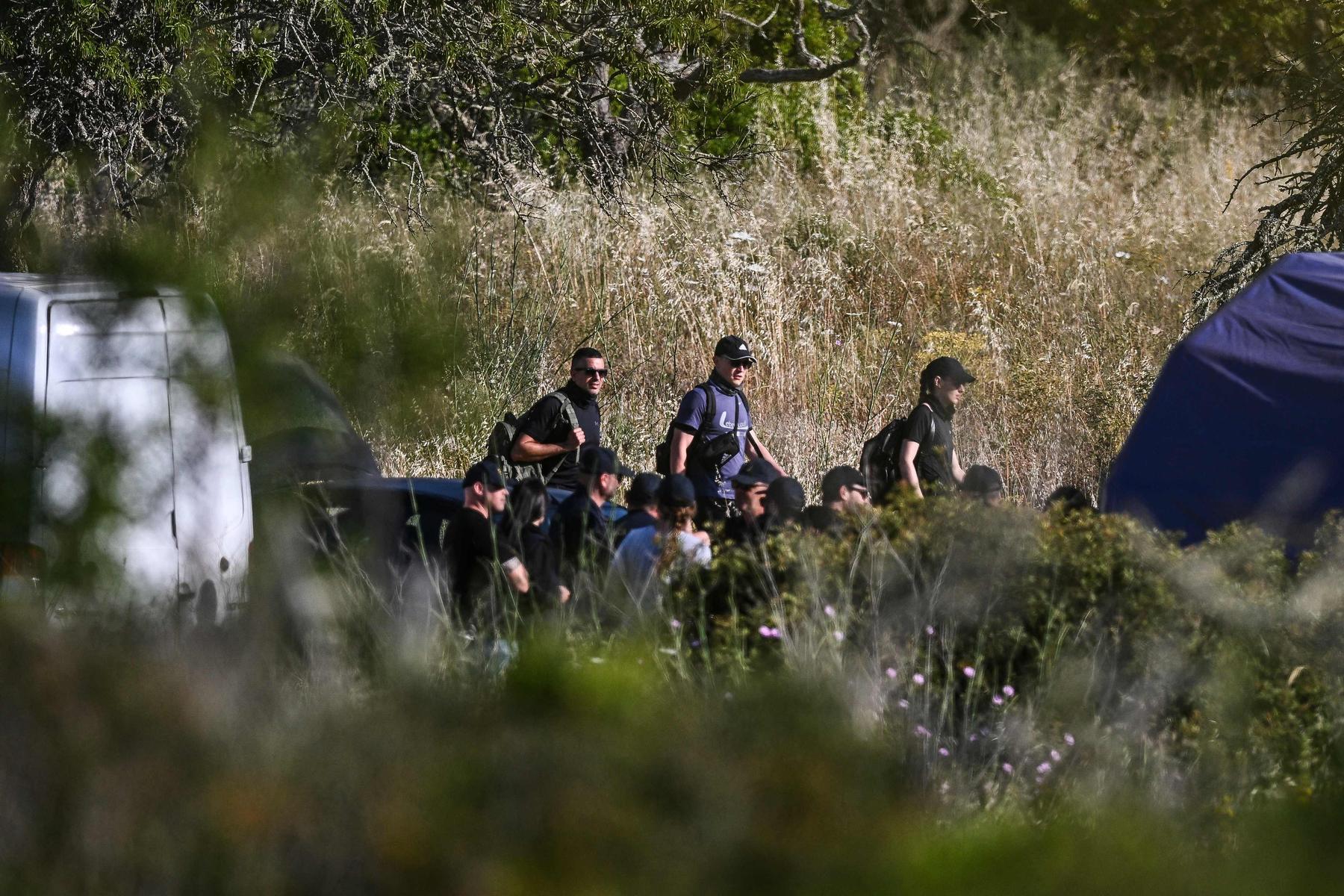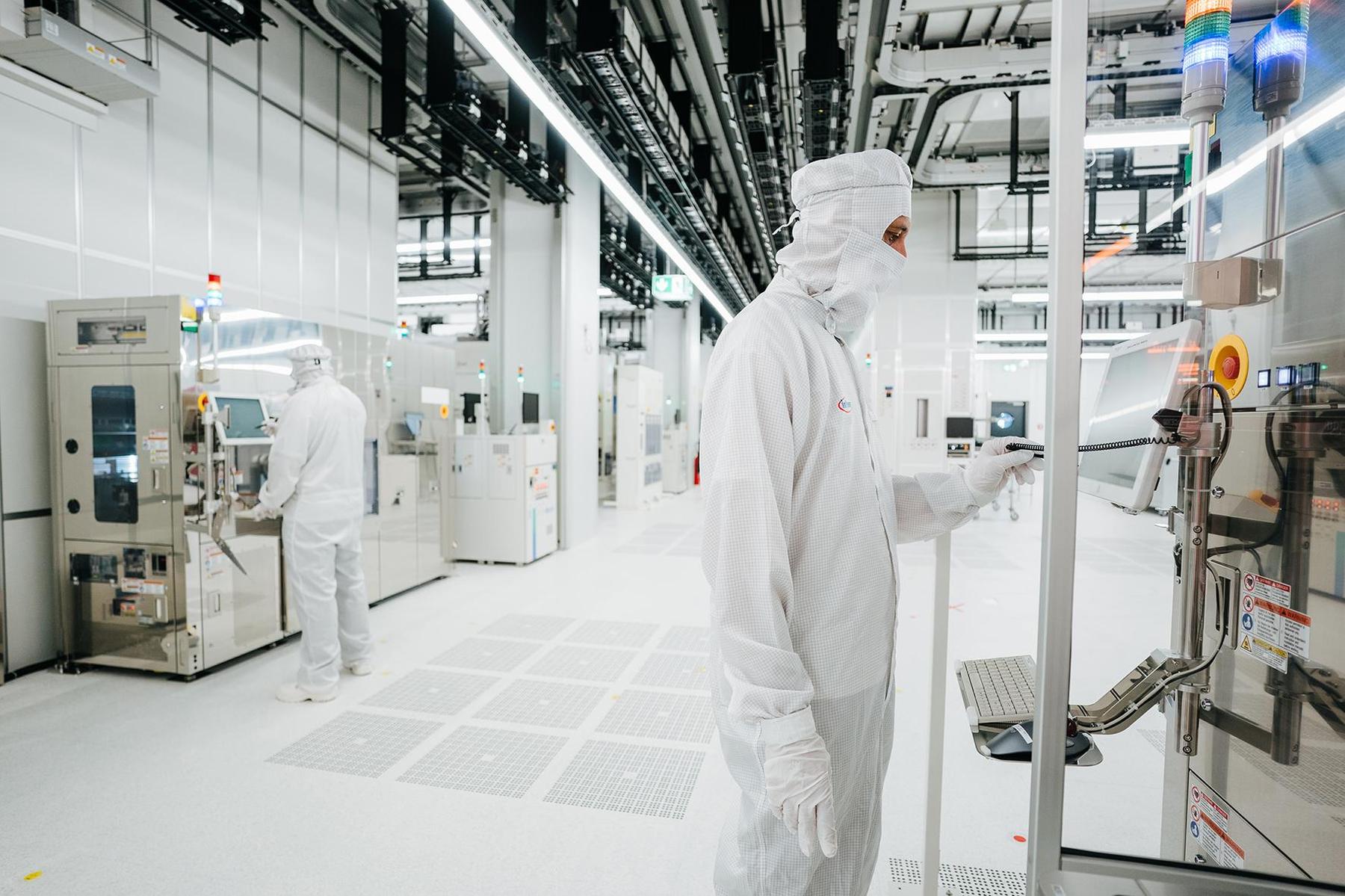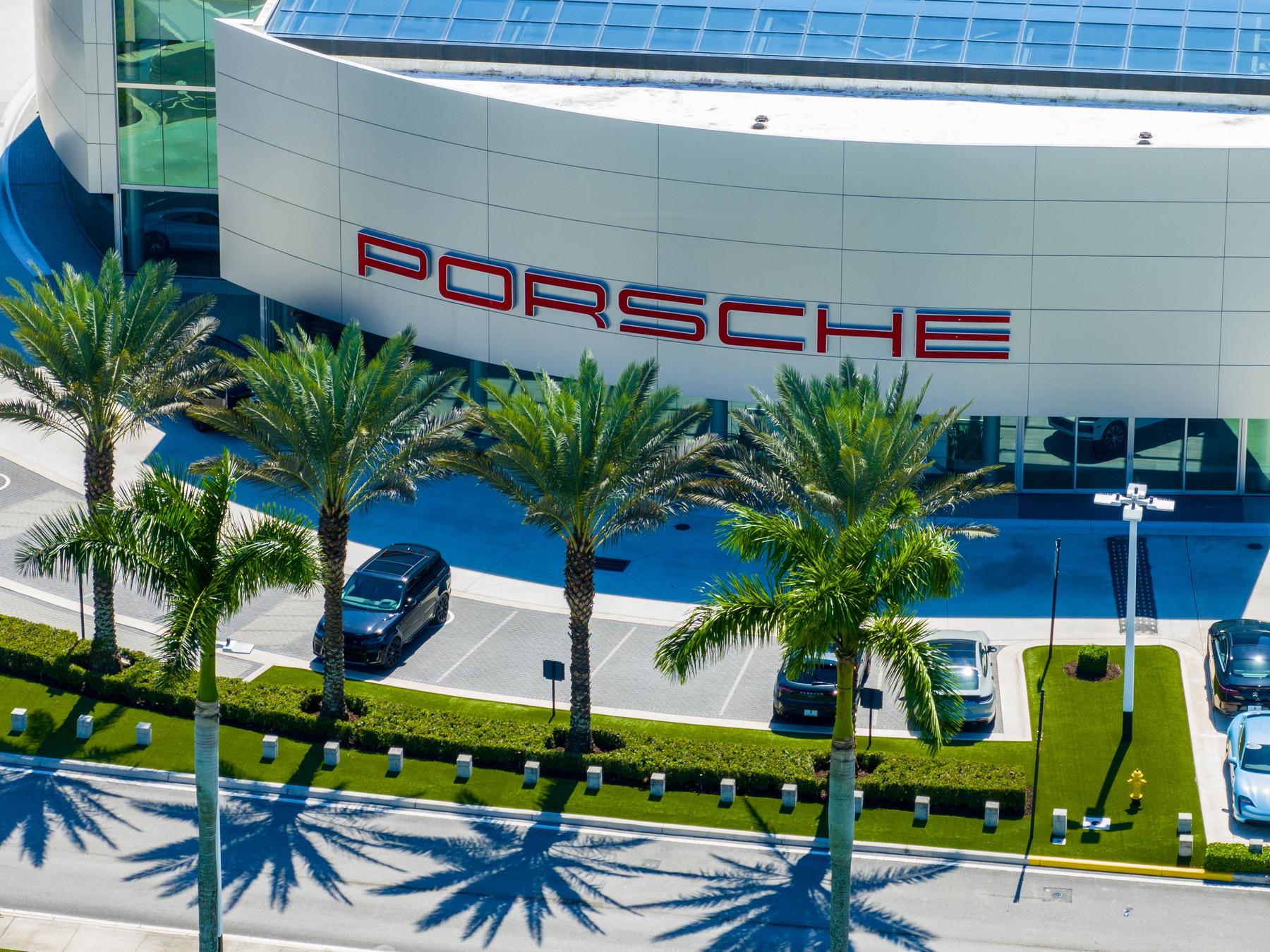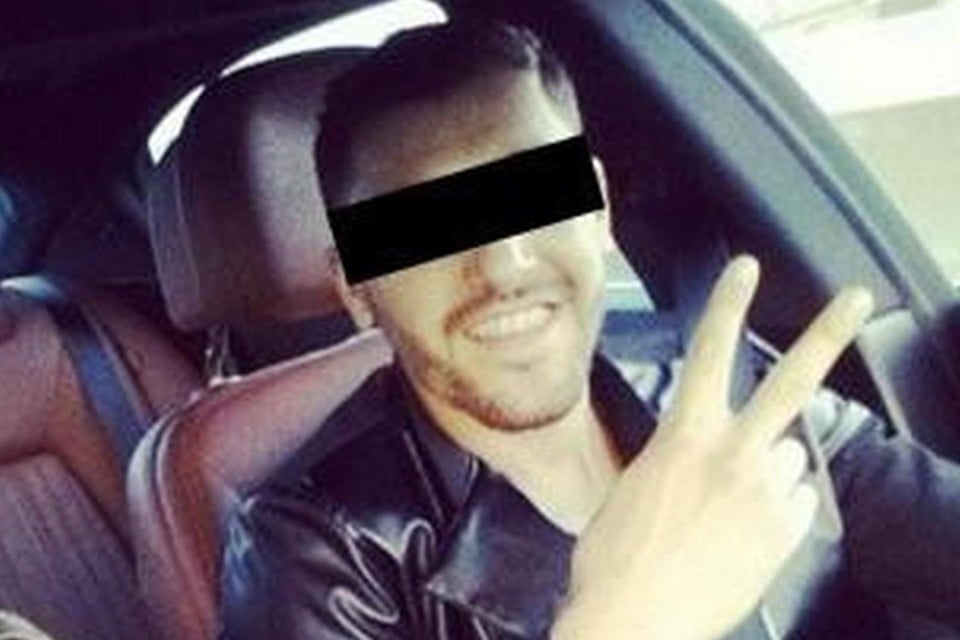How coffee became a cult product from everyday drink – Diepresse.com
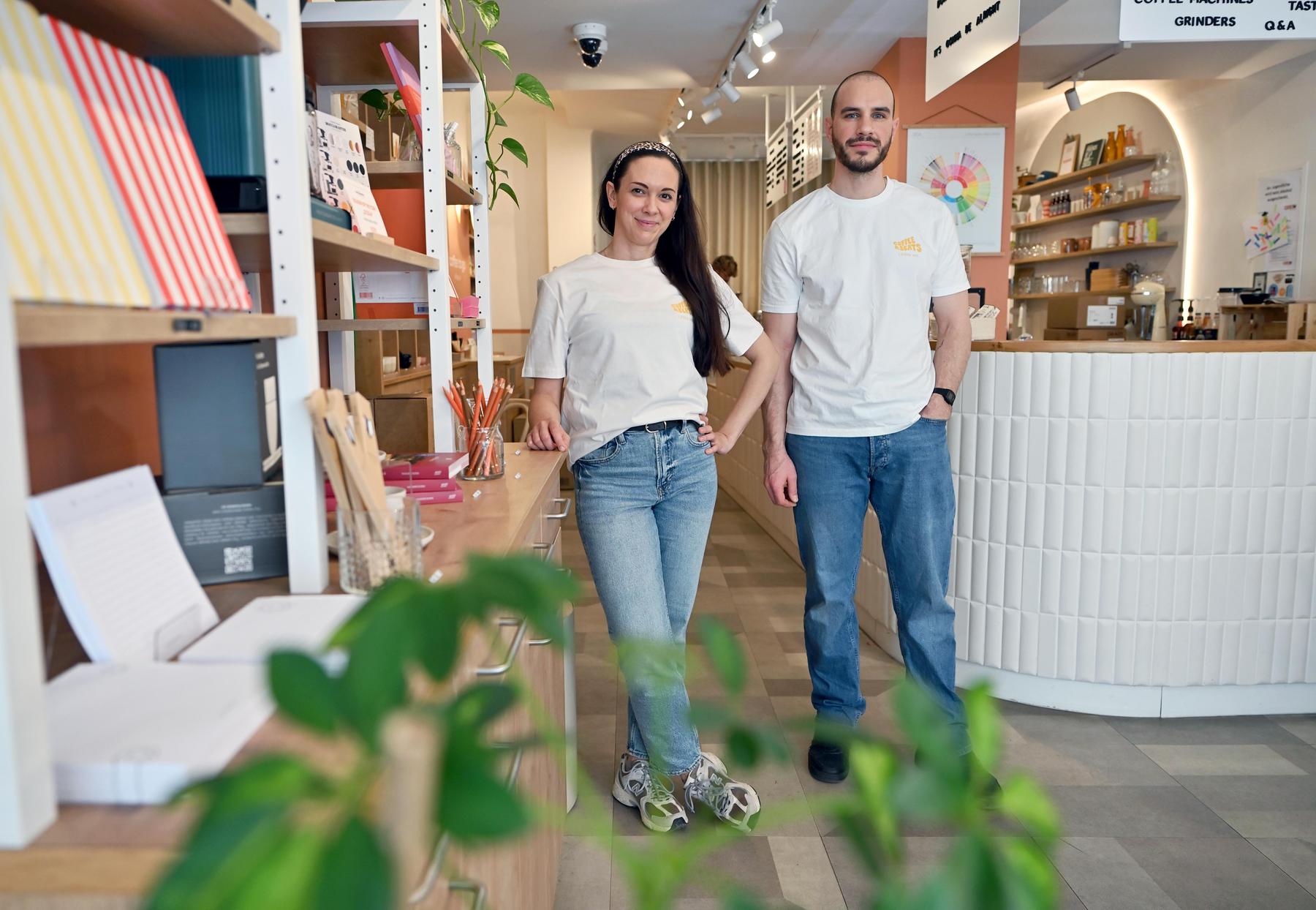
Even in the football dress, you talk about grinding degrees and throughout the run. Coffee has become a cult – into which you can literally get into it.
In the past everything was very simple. Coffee was coffee, the main thing is that it was not too weak and just not so bitter that you couldn’t get it with milk and sugar. Today you can still find yourself in a conversation full of specialist vocabulary in the footballer cladding: with grinding, temperature, brewing pressure and extraction time instead of the clichéd new Audi or BMW. « It’s really about coffee, » said German professional footballer Nick Woltemade recently in the podcast Copa TS about the cabin talks with his colleagues.
Coffee is no longer just a more or less strong brew to be awake with the goal a), b) to fill office breaks or c) to buy the right to endless newspaper reading. « Coffee has developed from everyday drink to a cult product, » says food trend expert Nina Mohimi. « He is a luxury food that you can compare with natural wine or craftbeer. »
Instead of satisfying yourself with the simple caffeine kick, many people today know which hill which farmers come in which country their coffee comes, whether it was fermented with pulp, without or anaerob – the last cry in coffee preparation: This is supposed to show extraordinary taste profiles. The coffee enthusiasts swear by their roasters and look closely when they drink coffee outside: are the beans not too close to the hot machine anyway? And: What kind of one is it?
The third wave of coffee
It has been a good 20 years since the so -called third coffee wave has built up in the USA. Since then, young roasters and baristas around the world have redefined coffee – also in Vienna. « With us we only had a coffee house culture for a long time, » says Johanna Wechselberger. She is a pioneer in the domestic scene: she has been working in the coffee industry for two decades, as « the roaster » she processes coffee from all over the world, she gives barista courses and has a café at the Floridsdorfer Markt. « In the meantime we also have a coffee culture. Now there are shops that say: the coffee has to be good – and if the espresso has not run out well, I’ll do a new one. »

